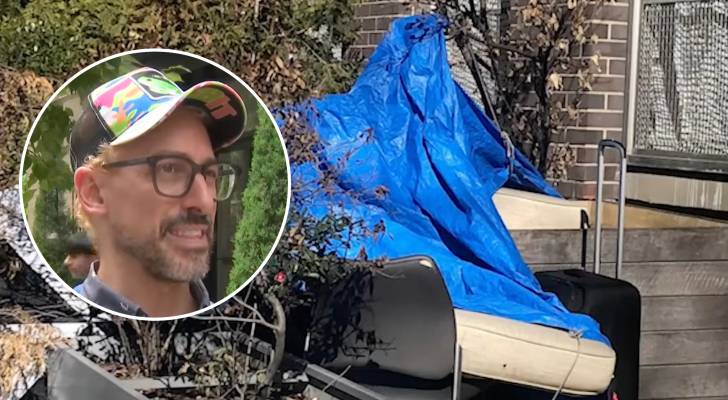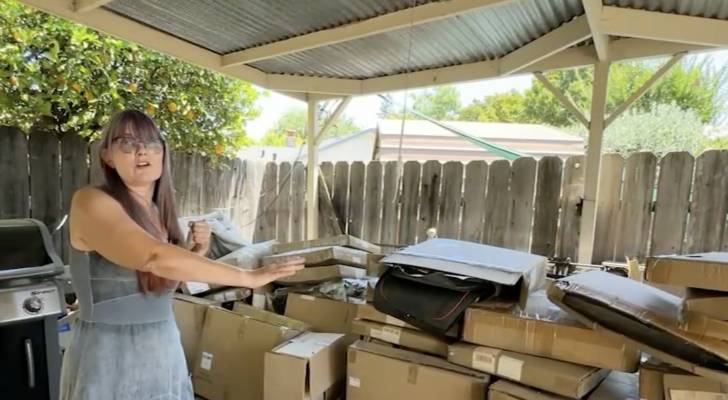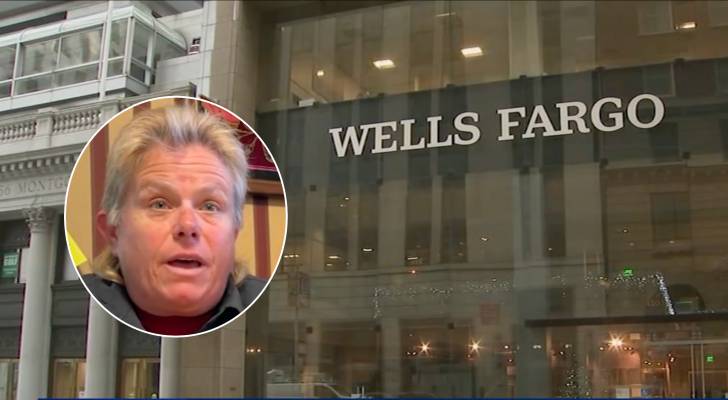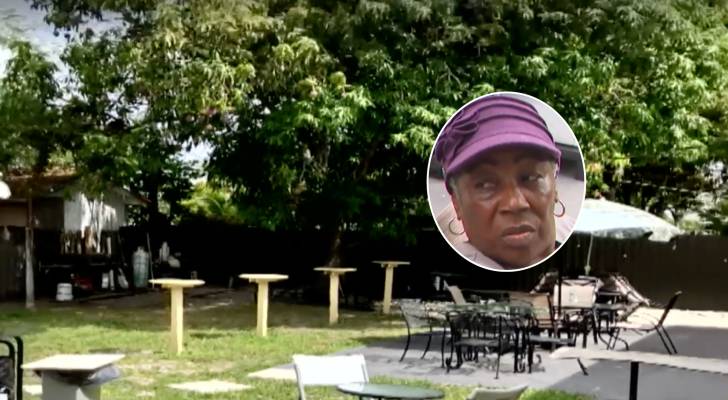This Florida receptionist was accidentally paid $400K of someone else’s salary — but she was just arrested. Report says she thought it was a ‘bonus’ for her work. Whose side are you on?
For nearly a year, 29-year-old Yessica Arrua was living like a high-earning veterinarian despite working as a receptionist at a Florida horse clinic. Thanks to a payroll mix-up, Arrua, who is originally from Argentina, allegedly pocketed more than $400,000 of another employee’s salary between February 2022 and January 2023, according to the Daily Mail. During […]
‘They have more rights than we do’: NYC co-op residents frustrated as homeless encampment grows, reflecting city’s broader struggles with housing and public safety


What started as a makeshift shelter with tarps, umbrellas and wooden pallets has transformed into what residents are calling an actual house outside a Kips Bay co-op. Since February, board members at 311 East 25th Street in Kips Bay have been locked in a months-long standoff with an unhoused couple who created a semi-permanent encampment […]
Vietnamese-American salon owners are suing California after having their lives ‘turned upside down overnight’ — here’s why some argue the state has shown ‘blatant discrimination’


A new federal lawsuit is targeting California’s labor rules, and the state’s Vietnamese-American nail technicians are at the center of the fight. Filed at the U.S. District Court for the Central District of California in Santa Ana, the lawsuit argues that a 2020 law, Assembly Bill 5, stripped nail technicians of their right to work […]
‘It’s just been another form of hell’: Hundreds of unwanted Amazon packages showed up at her door — now this San Jose woman and other customers want answers


What started as a harmless fluke quickly snowballed into a full-blown logistical nightmare — one cardboard box at a time. A woman identified only as “Kay” told ABC 7 she has been bombarded by Amazon deliveries for over a year. Boxes keep arriving at her home, even though she never ordered them. They’re addressed to […]
‘I’m just livid’: This California woman thought she was tipping $5 until she realized she’d entered $5,000 — only to be told it couldn’t be voided. What to do if it ever happens to you


Americans have long grumbled about tipping culture — but now digital checkout screens are turning that frustration into full-blown financial disasters. Sometimes, the issue isn’t just pressure to tip — it’s how easy it is to make a costly mistake. One in five Americans say they’ve accidentally tipped more than intended on digital checkout screens, […]
Realtors in this 1 US state issue ‘Taylor Swift Tax’ warning that stands to hit megastar, rich neighbors with an additional $136,000/year in taxes — here’s why it’s a problem


Closing on a home is already expensive, but new budget proposals in Rhode Island could drive costs even higher. The Rhode Island Association of Realtors is raising concerns, arguing two proposed tax changes would hit buyers and sellers hard, making the state’s fragile housing market even more unaffordable. Don’t miss I’m 49 years old and […]
‘It’s just a little backyard’: Neighbors say this Florida home appears to be running an unlicensed restaurant out back — complete with propane tanks, industrial fans and cocktail tables


It’s not exactly strange to hear noise coming from a neighbor’s home. Maybe they’re hosting a birthday party or firing up the grill for a family barbecue. That’s just part of suburban life. But what’s happening on Northwest First Court in Miami Gardens is something entirely different. Don’t miss I’m 49 years old and have […]
Trump’s USDA just uncovered ‘one of the largest’ food stamp fraud, bribery schemes in US history — 6 arrested for alleged $66M in ‘unauthorized transactions’


The U.S. Department of Justice has charged six people — including a fraud investigator with the U.S. Department of Agriculture (USDA) — for allegedly orchestrating “one of the largest food stamp scams in U.S. history,” siphoning tens of millions from the Supplemental Nutrition Assistance Program (SNAP). According to the U.S. Attorney’s Office for the Southern […]
Drivers across the US are hitting a dead end trying to get compensation for the paint flaking off their cars ‘in sheets’ — this Florida driver says it’s happened to him with 3 different cars


Thousands of drivers across the country are discovering their car paint jobs are literally peeling away — and fixing it could cost them thousands out of pocket. For Ed Rinkowitz, a Florida Hyundai owner, the flaky paint job is a familiar and frustrating sight. Don’t miss I’m 49 years old and have nothing saved for […]
Dwight Howard’s wife has filed for divorce after just 6 months of marriage — and wants all marital assets, property to be ‘equally divided.’ Are your assets protected from a breakup?
Dwight Howard’s latest drama isn’t on the court — it’s playing out in a Georgia courtroom instead. Just six months after getting married, reality star Amber Rose Howard, also known as her stage name Amy Luciani, filed for divorce from the former NBA star, according to documents obtained by TMZ Sports. Don’t miss I’m 49 […]
